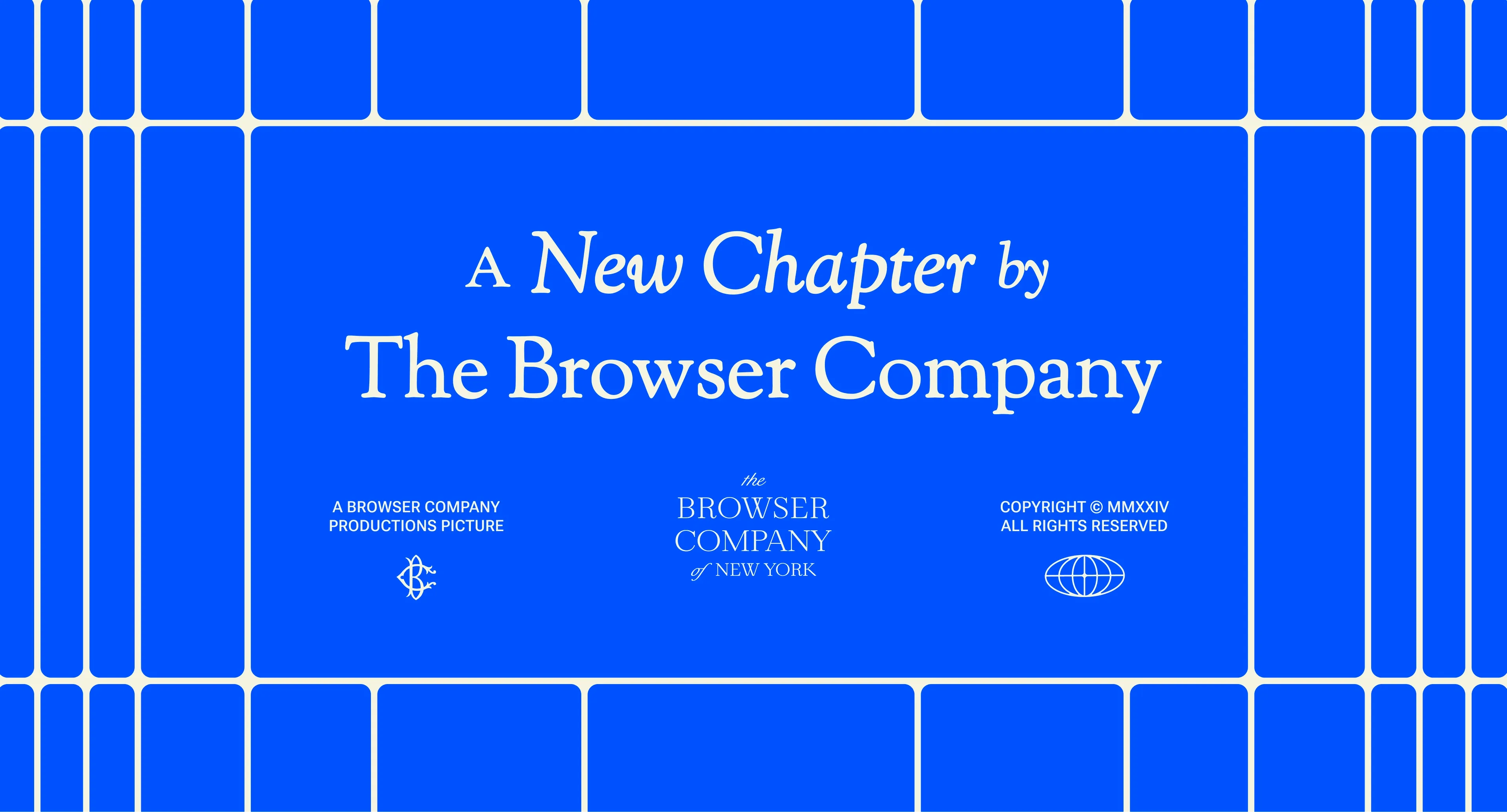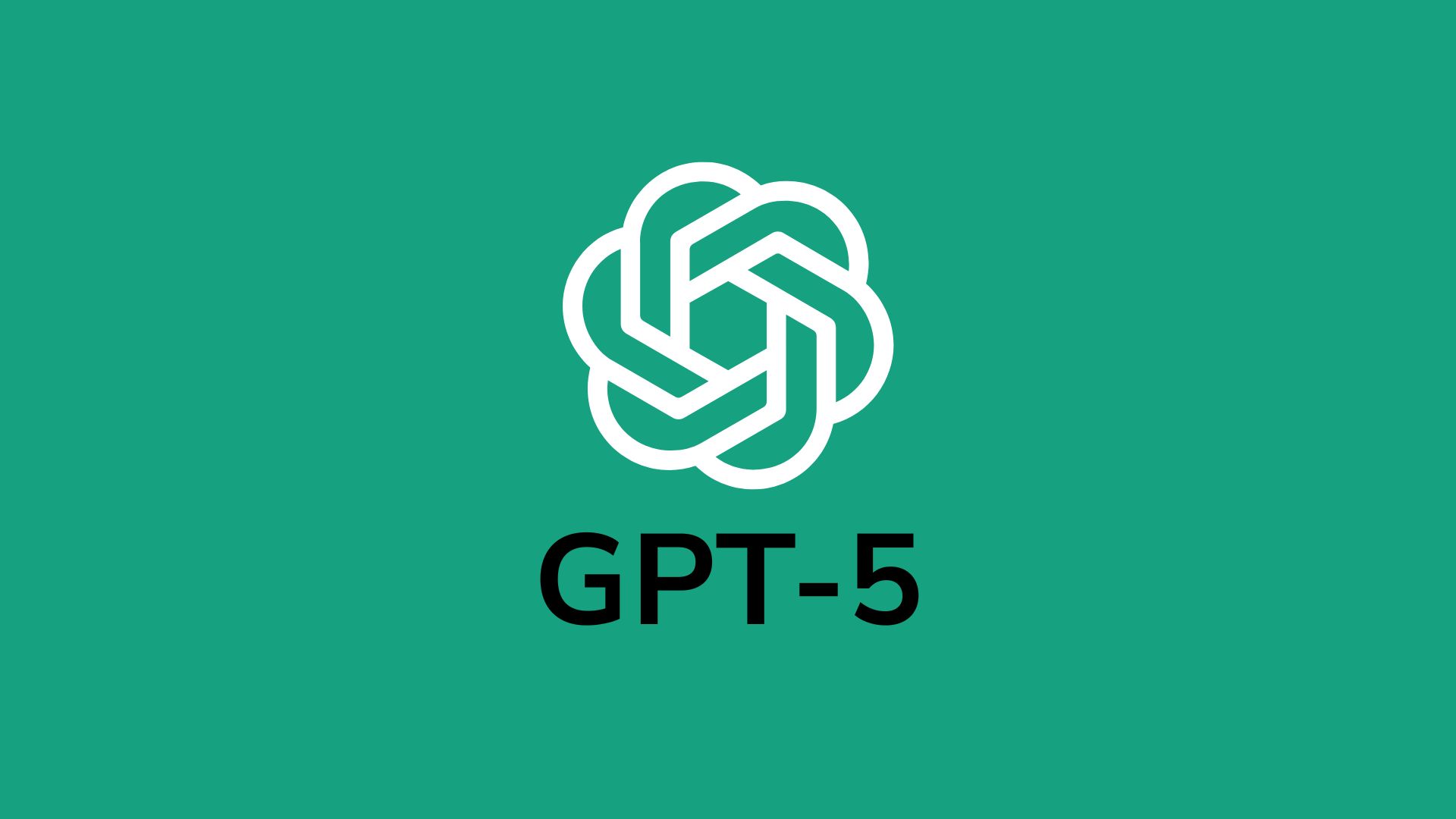A cyber‑attack on Bouygues Telecom has compromised the personal data of 6.4 million customers. The firm disclosed that a third party accessed personal and contractual information related to certain subscriptions.
Attackers gained access on 4 August and were blocked swiftly after detection, increasing the monitoring of the systems. Exposed data includes contact details, contractual and civil status information, business records for professional clients, and IBANs for affected users.
The cybersecurity breach did not include credit card numbers or passwords. Bouygues sent impacted customers notifications via email or text and advised vigilance against scam calls and messages.
The French data protection authority, the CNIL, has been informed, and a formal complaint has been filed. The company warned that perpetrators face up to five years in prison and a fine of €150,000 under French law.
Would you like to learn more about AI, tech and digital diplomacy? If so, ask our Diplo chatbot!










